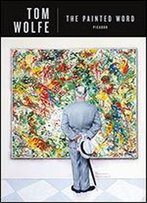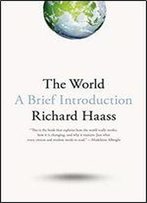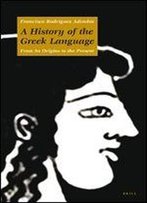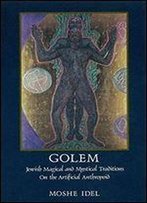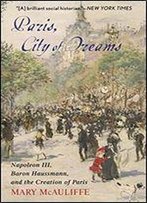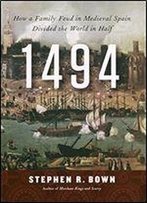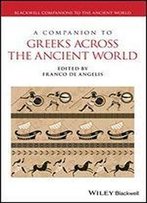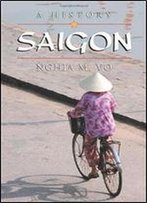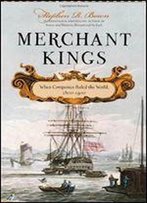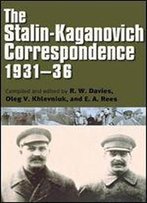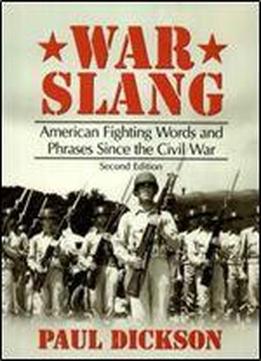
War Slang: American Fighting Words And Phrases Since The Civil War, Second Edition
by Paul Dickson /
2003 / English / PDF
135.4 MB Download
Paul Dickson, one of the country's leading authorities on American slang, offers the first comprehensive collection of fighting words and wartime phrases Americans have used from the Civil War to the Iraq War. This definitive dictionary, updated and expanded to include the events of September 11 and the war on terrorism, is arranged war by war and reveals military slang at its most colorful, innovative, brutal, and ironic. Dickson also shows how language mirrors the unique experience of each conflict. For example, World War II brought unprecedented linguistic experimentation, innovation, and abbreviation, including "dogface", "quisling", "blitz", and the immortal "GI" as well as the rich stew of pidgin English used to communicate with the native peoples of the South Pacific. Raw frustration and cynicism surface in the slang of the Vietnam War, with a record number of synonyms for the verb "to kill", including "blow away", "dust", "get some grease", "waste", and "zap".Beginning with a brief overview of the Revolutionary War, War Slang reveals the thoughts, attitudes, and environments of America’s fighting men and women from the last 230 years. An incomparable reference work, WAR SLANG serves the language lover and military historian alike by adding a brilliant and provocative new dimension to the understanding of warPaul Dickson, one of the country's leading authorities on American slang, offers the first comprehensive collection of fighting words and war time phrases Americans have used from the Civil War to the Iraq War. This definitive dictionary, updated and expanded to include the events of September 11 and the war on terrorism, is arranged war by war and reveals military slang at its most colorful, innovative, brutal, and ironic. Dickson also shows how language mirrors the unique experience of each conflict. For example, World War II brought unprecedented linguistic experimentation, innovation, and abbreviation, including " dogface, quisling, blitz, and the immortal GI as well as the rich stew of pidgin English used to communicate with the native peoples of the South Pacific. Raw frustration and cynicism surface in the slang of the Vietnam War, with a record number of synonyms for the verb to kill, including blow away, dust,get somegrease,waste, and zap. Beginning with a brief overview of the Revolutionary War, War Slang reveals the thoughts, attitudes, and environments of Americas fighting men and women from the last 230 years. An incomparable reference work, War Slang serves the language lover and military historian alike by adding a brilliant and provocative new dimension to the understanding of war.
